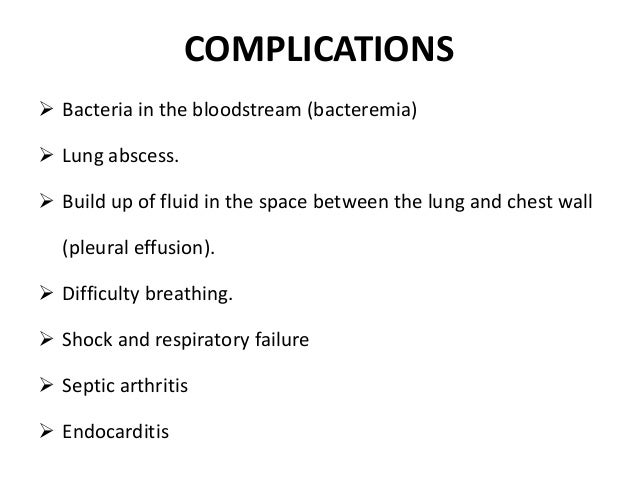Side effects of the pneumococcal vaccine in babies.
Anti pneumonia vaccine side effects for babies.
Allergic reactions are even rarer.
Babies also need more shots of this vaccine that can help protect against pneumococcal disease.
However side effects can occur.
Most side effects are mild meaning they do not affect daily activities.
The cdc has long recommended that in order to acquire the best protection against all strains of bacteria that cause pneumonia all adults 65 and older should receive two pneumococcal vaccines.
Webmd medical reference reviewed by carol dersarkissian on december 23 2018.
The cdc recommend the following schedules.
See the pcv13 and ppsv23 vaccine information statements to learn more about the most common side.
The pneumococcal conjugate vaccine pcv13 or prevnar 13 followed by the pneumococcal polysaccharide vaccine ppsv23 or pneumovax at a later visit.
Most people who get a pneumococcal vaccine do not have any serious problems with it.
How often a person should get the pneumonia vaccine depends on their age and overall health.
The subsequent doses are given at 4 months 6.
All infants younger than 24 months should receive four doses of the vaccine the first one at 2 months.
Two forms of pneumococcal vaccines pcv13 prevnar 13 and ppsv23 pneumovax 23 are available and used in specific circumstances.
Infants should receive the pcv13 vaccine at 2 4 6 and 12.
This is given in several doses.
The vaccine helps protect against the 13 types of pneumococcal bacteria that most commonly cause serious infections in children and adults.
Redness and swelling at the site of the injection.
The first dose is given at 2 months of age.
The centers for disease control and prevention cdc recommends pneumococcal vaccination for all children younger than 2 years of age all adults 65 years and older and people between these ages who smoke or have certain medical conditions 5 6.
Doctors give this vaccine to children at 2 4 6 and 12 through 15 months old adults who need this vaccine only get a single dose.
The cdc recommends that babies receive the pcv13 pneumococcal vaccine.
A slightly raised temperature.
The next two shots should be given at 4 months and 6 months with a final booster that.
A decreased appetite.
Prevnar 13 43 pages external icon.
Pneumococcal vaccines are safe but side effects can occur.

